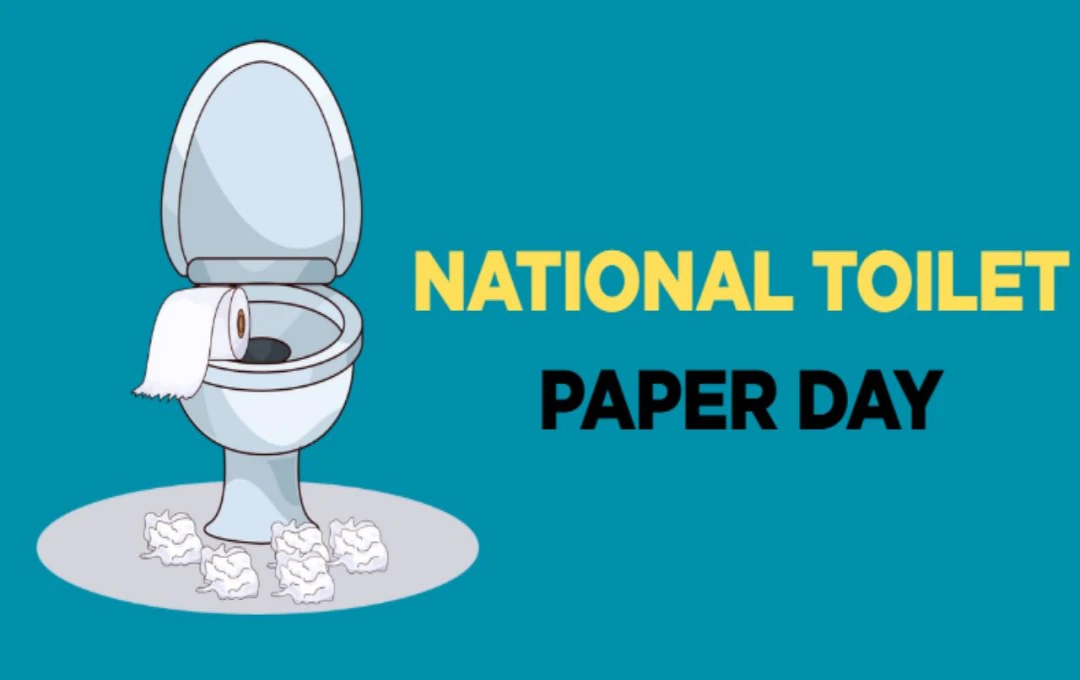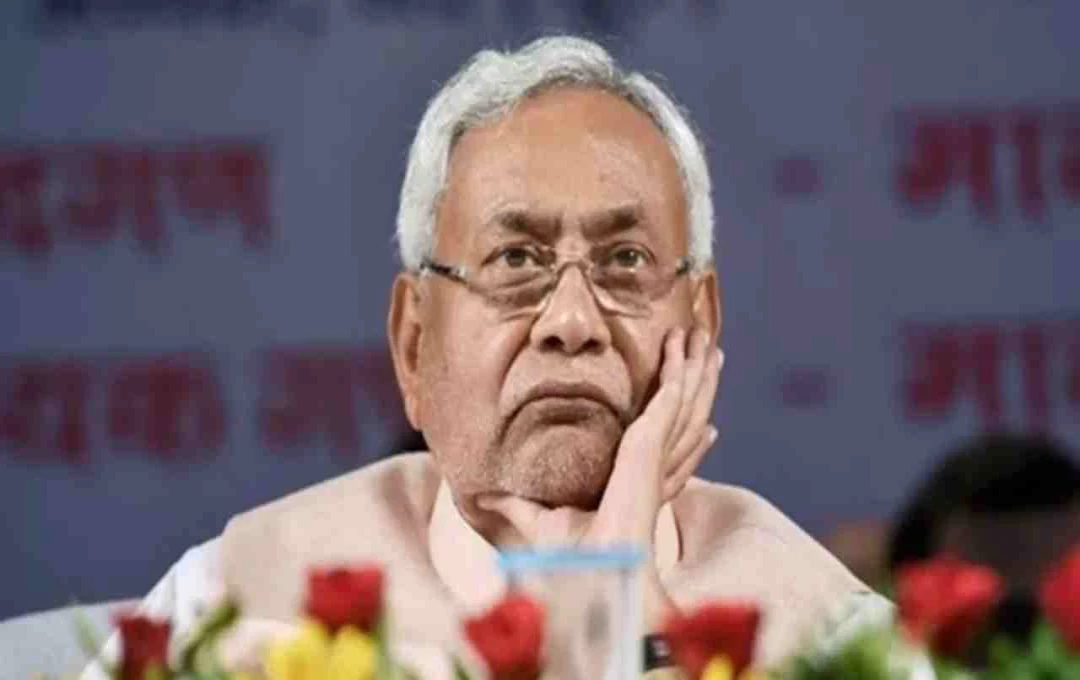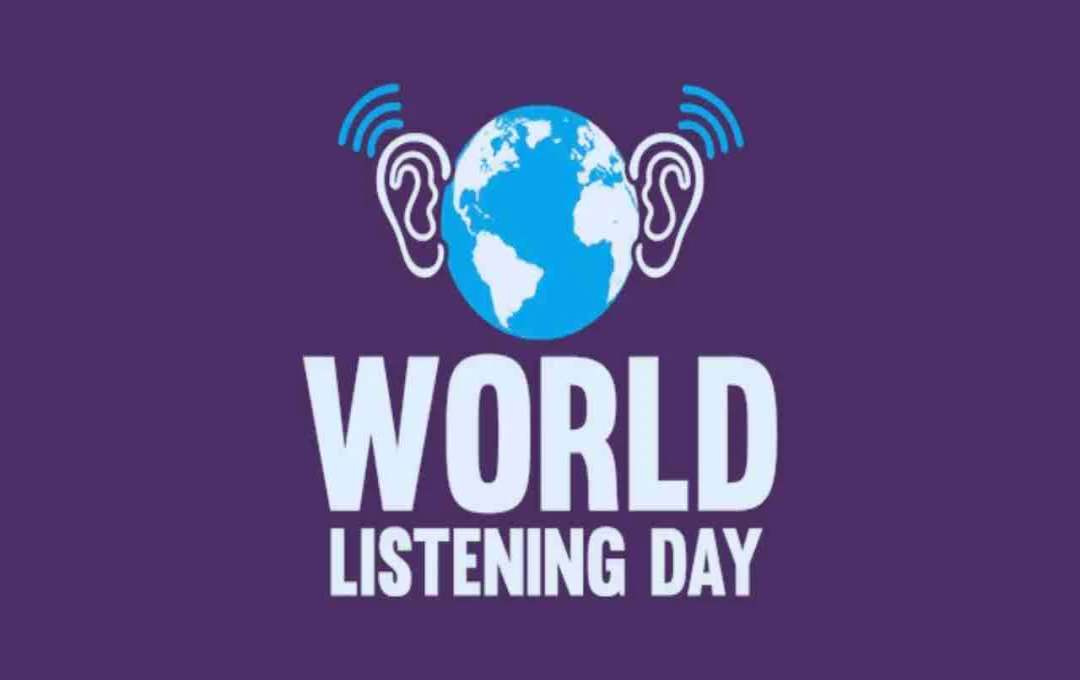National Toilet Paper Day is celebrated every year on August 26th. This day is an opportunity to remind ourselves about our daily hygiene habits and their importance. Toilet paper has become such an indispensable part of our lives today that its presence is hardly noticed, but its absence can always create inconvenience and distress.
The History of Toilet Paper
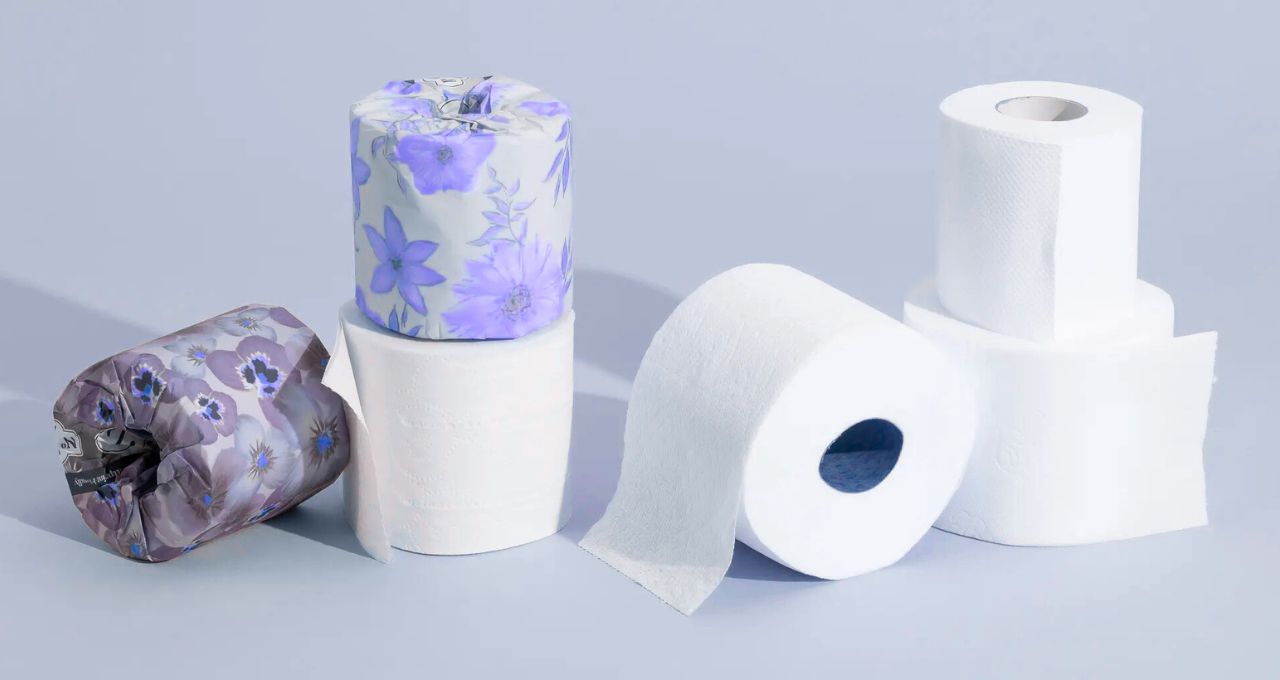
Throughout human history, people have used various natural means for personal hygiene. This includes leaves, corn cobs, and even sponges attached to long sticks that were used collectively.
The widespread use of toilet paper first began in China in the 6th century. By the 14th century, the packaging of toilet paper had evolved in China, which people could buy for their personal use. It is estimated that around 10 million packages of toilet paper were produced annually in China at that time.
The Chinese imperial family had a special type of toilet paper. In 1391, the toilet paper made for the emperor had each sheet specially scented.
In the 18th century, after the advent of newspapers and magazines in Western countries, people used them in the toilet after reading them. For example, items like the Sears Catalog and Farmer’s Almanac eventually ended up in the toilet. In 1919, Farmer’s Almanac began putting holes in their books so that people could easily hang them on the wall of their outhouses.
The Development of Modern Toilet Paper
The use of modern, commercially available toilet paper began in America in the mid-1800s. Joseph Gayetty of New York began producing toilet paper under the name “Medicated Paper for the Water Closet.”
By the end of the 19th century, toilet paper became available in rolls, making it more convenient to use. The Scott Paper Company was founded in 1879, and in 1890 they began selling toilet paper in rolls. It was also described as "splinter free."
The Importance of National Toilet Paper Day
Today, we take toilet paper so much for granted that we hardly pay attention to its availability. But this day reminds us how much this small item has made our lives easier and cleaner. Toilet paper not only ensures hygiene, but it is also extremely important for personal health and etiquette in society.
How to Celebrate National Toilet Paper Day
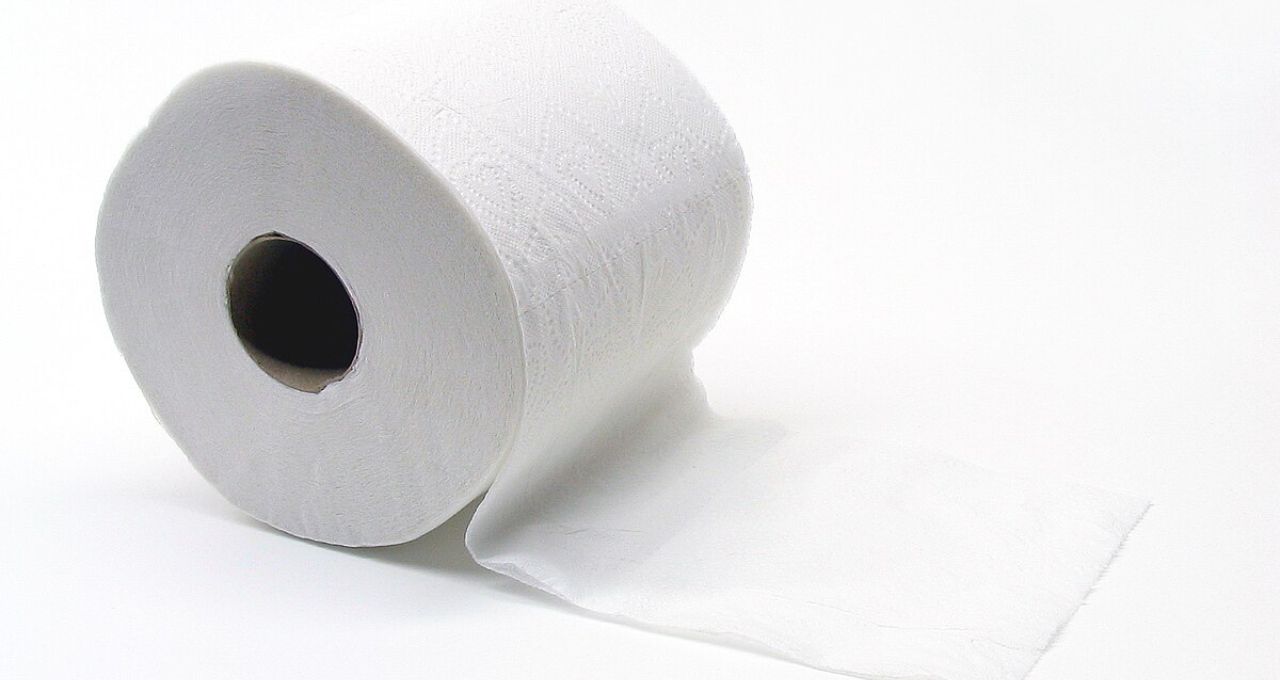
1. Ensure Adequate Stock
A shortage of toilet paper always causes inconvenience. On the occasion of this day, make sure that you have enough toilet paper available at home. You can also opt for regular delivery or a subscription service.
2. Learn and Share Interesting Facts
- If virgin paper is used for the toilet paper that a person uses in their lifetime, approximately 384 trees will be required.
- In many countries, toilet paper is not flushed, such as Greece, Turkey, Beijing, Egypt, and Montenegro. Here, there are special dustbins for toilet paper.
- Colored toilet paper was popular in the 1950s, but it was later found to be harmful from a health and environmental perspective.
- Toilet paper was once also made of gold, with a 22-carat gold roll selling for over $1,300,000.
3. Adopt Sustainable and Environmentally Friendly Options
The production of toilet paper has a significant impact on natural resources. Therefore, it is essential to adopt sustainable options:
- Bamboo Toilet Paper: Bamboo grows quickly and is a safe resource for the environment.
- Recycled Fiber Toilet Paper: Made using old papers, like Who Gives a Crap company does.
- Plastic Packaging Free Toilet Paper: Choose options with paper or cardboard packaging instead of plastic.
Toilet Paper and the Environment
The global demand for toilet paper leads to the cutting down of approximately 30,000 trees every day. Annually, 10 million trees are cut down for this purpose alone. Therefore, using sustainable options not only protects the environment but also makes our everyday hygiene habits responsible.
National Toilet Paper Day reminds us that even small items play an important role in our daily lifestyle and hygiene. Through this day, we are inspired to adopt sustainable and responsible options while being aware of personal health, social etiquette, and environmental protection.
